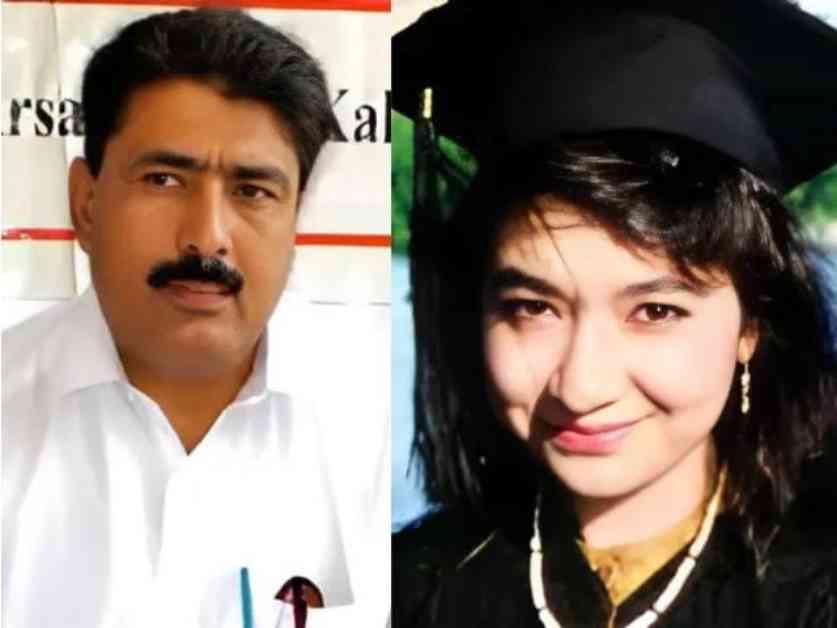The proposal to exchange Dr. Aafia Siddiqui for Shakeel Afridi, two Pakistani nationals, has recently been deemed unfeasible by the federal government, as reported in a recent hearing at the Islamabad High Court (IHC). The petition seeking Dr. Siddiqui’s release from a US prison was brought before IHC Judge Sardar Ijaz Ishaq Khan, where Additional Attorney General Manzoor Iqbal Dogar argued against the proposed exchange.
Expertly navigating the legal intricacies of the case, Dr. Siddiqui’s counsel, Clive Smith, initially suggested the exchange as a means to secure her release. However, during the hearing, concerns were raised about the feasibility of such a proposal, ultimately leading to the government’s decision not to support Siddiqui’s petition for release in the US court. This surprising turn of events left many questioning the diplomatic implications of the case.
Legal Complications and International Relations
The intricate legal proceedings surrounding Dr. Aafia Siddiqui’s case shed light on the complexities of international relations and legal systems. With Siddiqui currently serving an 86-year sentence in a US prison, her supporters have been tirelessly advocating for her release through various legal channels. However, the recent dismissal of the proposed prisoner exchange underscores the challenges of navigating diplomatic relations in such high-profile cases.
During the hearing, Justice Sardar Ijaz Ishaq Khan sought clarification on the significance of Shakeel Afridi to the US and inquired about the status of his ongoing legal battle. Zainab Janjua, a court assistant, provided insights into Afridi’s conviction and pending appeal in the Peshawar High Court, shedding light on the gravity of the charges he faces. This exchange highlighted the interconnected nature of legal proceedings and diplomatic negotiations in cases with international ramifications.
Human Rights and Advocacy Efforts
The plight of Dr. Aafia Siddiqui serves as a poignant reminder of the importance of human rights advocacy and legal representation in cases of injustice. As Siddiqui continues to serve her sentence in a foreign land, her legal team and supporters remain steadfast in their efforts to secure her release. The recent developments in the proposed prisoner exchange illuminate the complexities of navigating legal systems and diplomatic channels in pursuit of justice.
Fauzia Siddiqui’s lawyer, Imran Shafiq, emphasized the gravity of the charges faced by Shakeel Afridi, highlighting the stakes involved in high-profile cases with international implications. The rejection of the request for Afridi’s exchange further underscores the challenges faced by legal teams and advocates in advocating for their clients’ rights in complex legal landscapes.
As the case unfolds, the Islamabad High Court remains a central arena for legal deliberations and advocacy efforts on behalf of Dr. Aafia Siddiqui. The postponement of the hearing until the following Friday leaves room for further legal maneuvering and strategic deliberations in pursuit of justice for Siddiqui and other Pakistani nationals entangled in international legal battles.
In conclusion, the recent developments in the proposed prisoner exchange involving Dr. Aafia Siddiqui and Shakeel Afridi shed light on the intricate legal, diplomatic, and human rights dimensions of high-profile cases with international ramifications. As legal proceedings continue to unfold, the tireless efforts of legal teams, advocates, and supporters underscore the importance of upholding justice and human rights in the face of complex legal challenges. The pursuit of justice for Dr. Aafia Siddiqui remains a poignant reminder of the enduring quest for truth and fairness in the global legal landscape.









